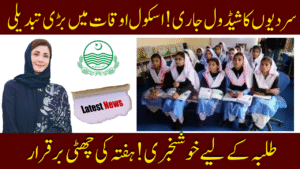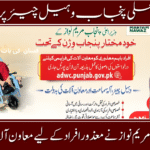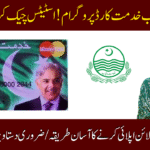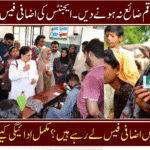Trump Claim on Painkillers and Autism Sent
Introduction
Former U.S. President Donald Trump’s recent remarks linking the use of painkillers during pregnancy to autism in children have sparked widespread debate and concern. While health experts around the world dismissed the claim as lacking scientific evidence, the statement resonated strongly with many parents in Pakistan—particularly mothers in Karachi. For families already navigating the challenges of autism, Trump’s comments raised new fears, questions, and in some cases, guilt.
The Controversial Statement
During a campaign rally, Trump suggested that expectant mothers who take painkillers could increase the risk of their child being born with autism. His claim quickly spread across social media platforms, where it was picked up by global audiences. In Pakistan, where health literacy gaps exist and medical myths often circulate widely, the claim triggered a wave of online searches and discussions in parenting groups.
Karachi Mothers in Confusion
In Karachi, home to some of the country’s largest urban populations, mothers turned to doctors, online forums, and support networks for answers. Many women admitted feeling anxious, particularly those who had used mild painkillers such as paracetamol or prescribed medicines during pregnancy.
Some mothers of autistic children shared their stories in WhatsApp groups, wondering whether their use of medication years ago could have played a role. Others, currently pregnant, expressed fear about taking even routine medicines recommended by doctors for headaches, fever, or pregnancy-related complications.

Medical Experts Respond
Doctors in Karachi were quick to clarify the situation. Leading gynecologists and pediatricians emphasized that no credible scientific study has established a direct link between painkillers and autism. While overuse of any drug during pregnancy can have side effects, mainstream medical guidance allows the safe use of certain painkillers under professional supervision.
Neurologists also highlighted that autism is a complex neurodevelopmental condition influenced by multiple factors, including genetics, environmental exposures, and sometimes complications during pregnancy—but not simple medication use. They stressed that misinformation can be harmful, leading mothers to avoid necessary treatment.
The Role of Social Media
Trump’s remarks spread widely on platforms like Facebook, Instagram, and TikTok, where snippets of his speech were shared without medical context. In Karachi, these posts often went viral in Urdu parenting groups. The lack of authoritative local content on autism meant that misinformation filled the gap quickly.
Health advocates noted that Pakistan’s digital landscape is vulnerable to such narratives. When global figures make controversial claims, they often ripple into local conversations, amplifying confusion among families who already struggle to access reliable medical guidance.
Emotional Impact on Families
For mothers raising children with autism, Trump’s comments reopened old wounds. Some described feeling “blamed” once again for their child’s condition, despite years of reassurances from doctors that autism is not caused by parental actions.
One mother from Gulshan-e-Iqbal shared that she spent days rethinking her pregnancy choices after hearing the news, even though her doctor reminded her there was no scientific connection. Psychologists warn that such guilt can worsen the mental health of mothers, who already carry a heavy emotional burden.
Autism Awareness in Pakistan
The incident also highlighted the broader issue of autism awareness in Pakistan. Although recognition has improved in recent years, stigma remains, and many families still lack access to diagnosis and therapy. Public hospitals in Karachi have limited facilities, while private therapy centers can be expensive for middle-class families.
Campaigners argue that false claims like Trump’s make it harder for parents to focus on real challenges—such as early intervention, inclusive education, and affordable therapy. Instead of worrying about unproven theories, families need accurate information and strong community support.
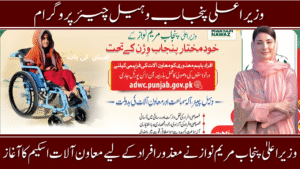
Lessons Learned
This episode underscores the power of misinformation in shaping health decisions. Experts stress the importance of:
- Public Health Communication: Local doctors and health authorities must proactively counter global misinformation with clear, accessible guidance.
- Media Responsibility: News outlets and social media influencers should provide context when amplifying international statements.
- Support Networks: Parents need trusted platforms where they can ask questions without fear of judgment or exposure to myths.
Conclusion
Trump’s claim linking painkillers to autism may have been dismissed by scientists, but in Karachi, it triggered a wave of confusion, fear, and self-doubt among mothers. The incident is a reminder of how deeply international rhetoric can influence local realities, especially in societies where health education is limited.
Related Posts




